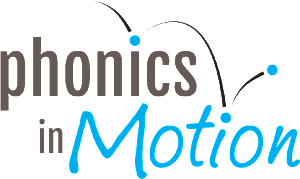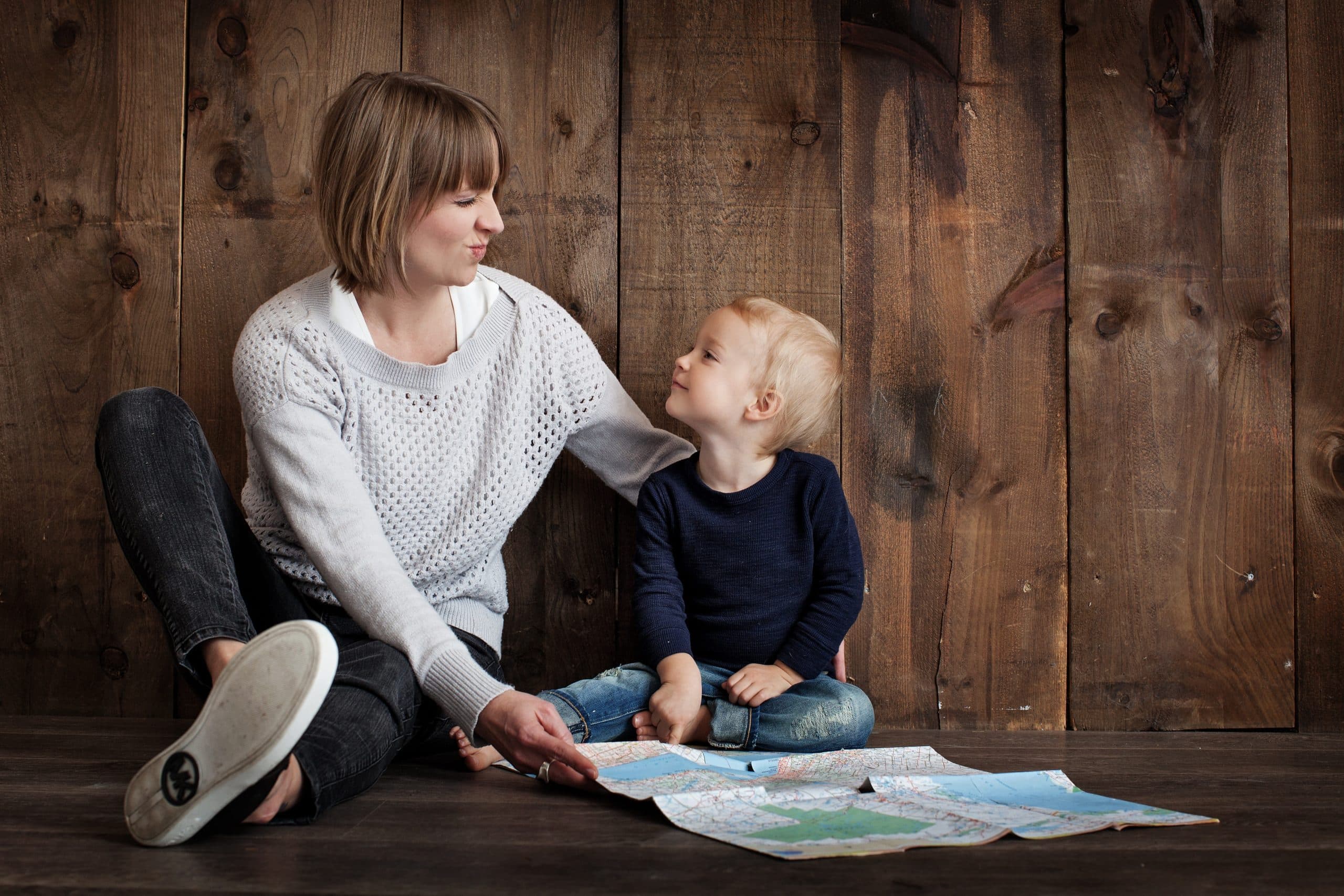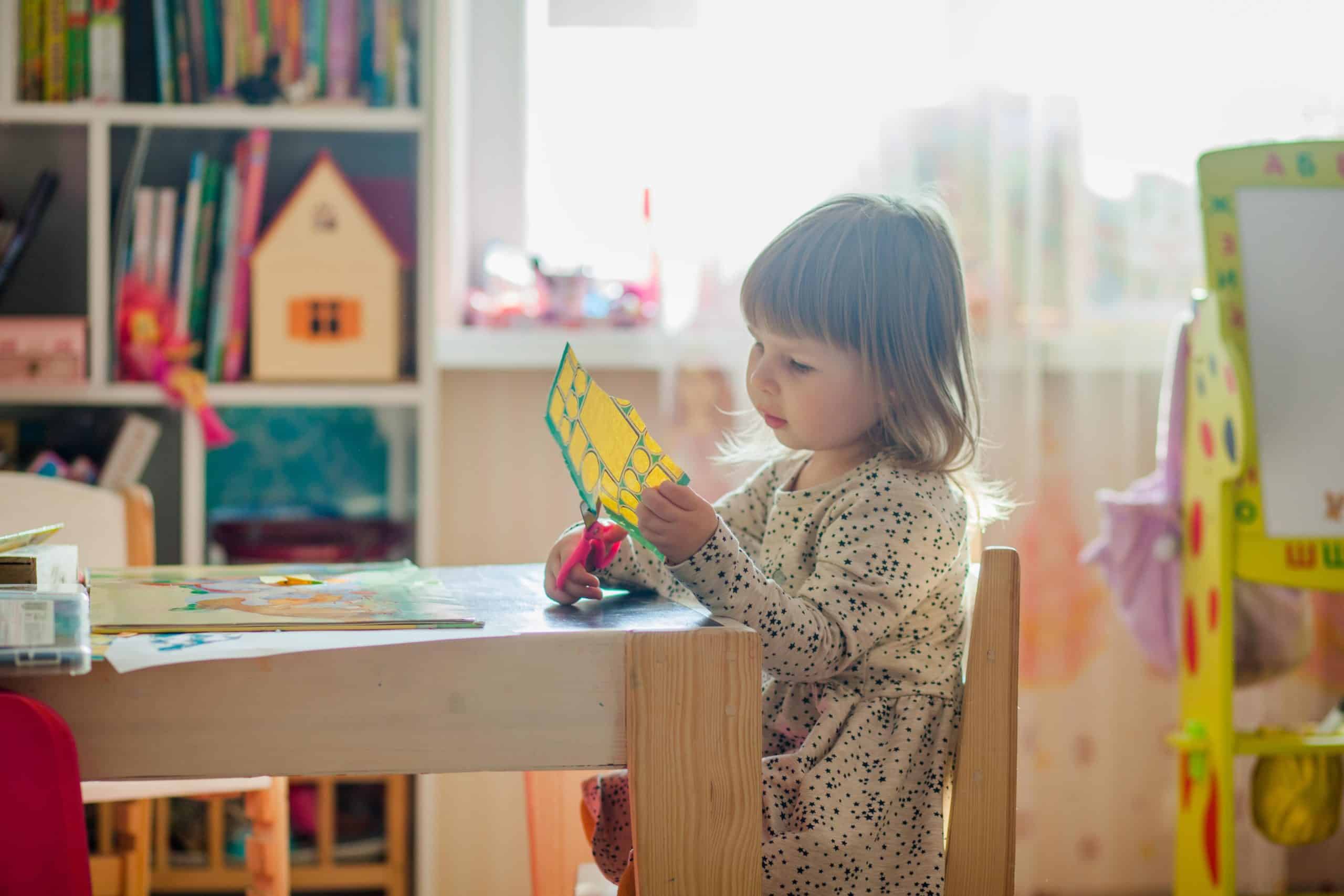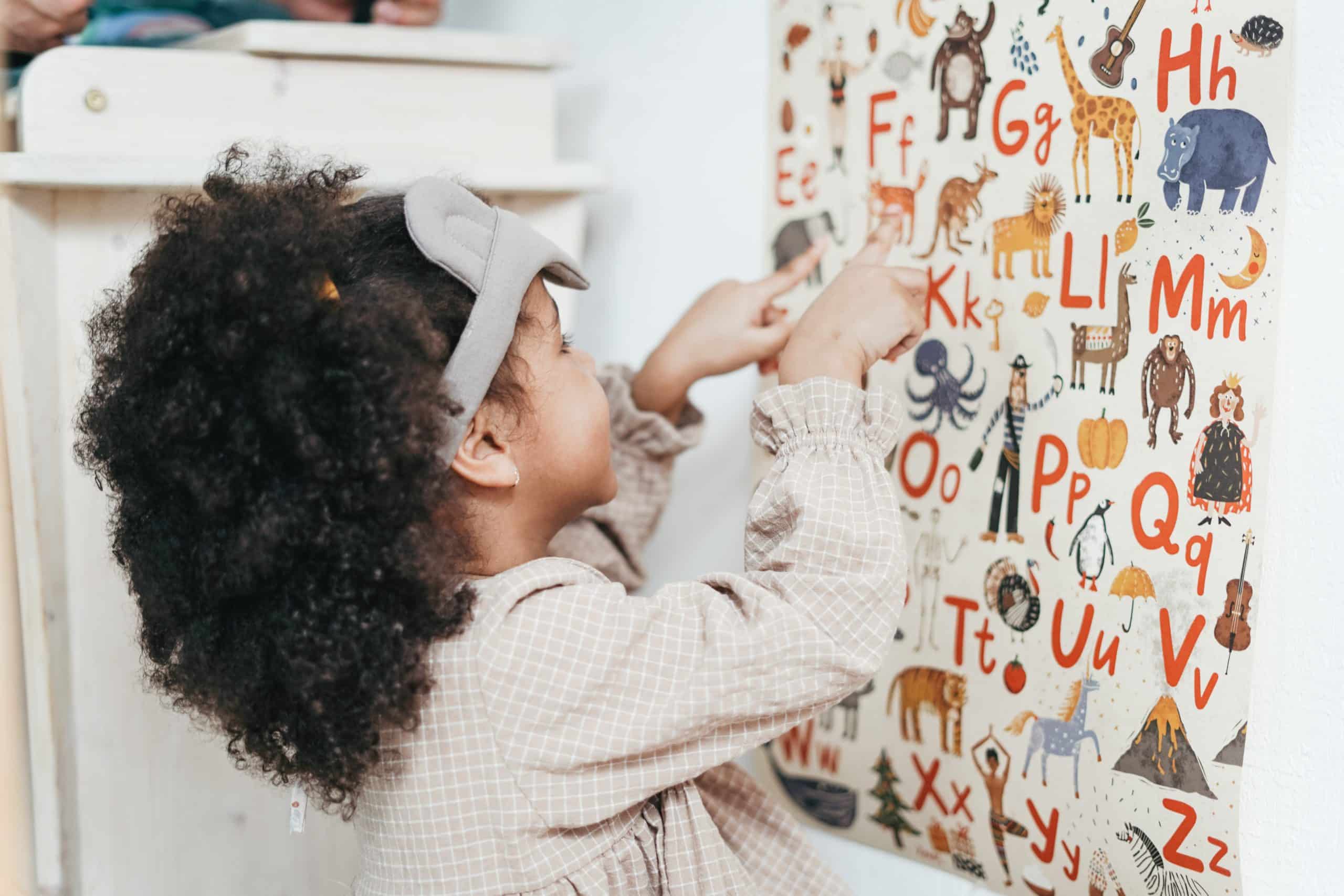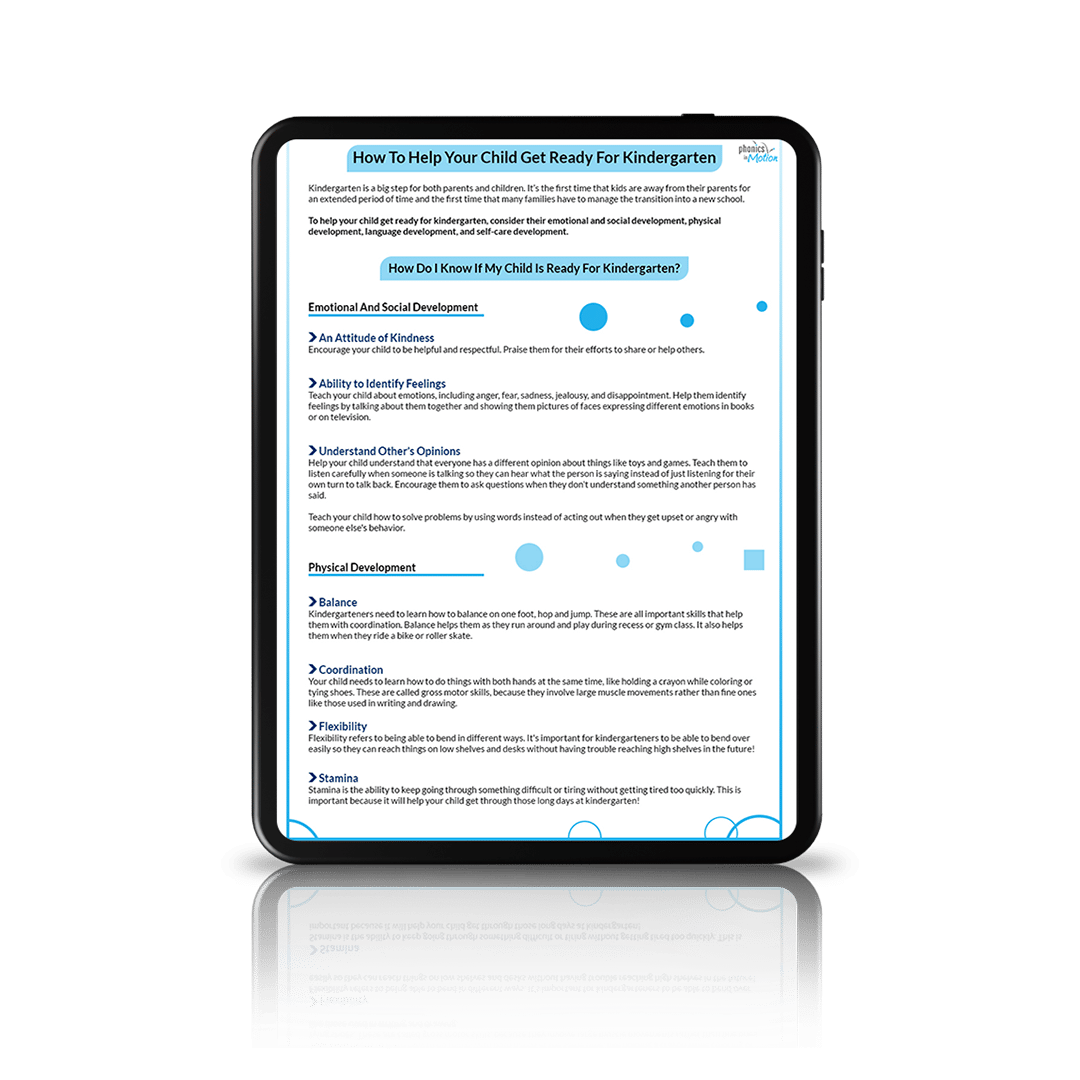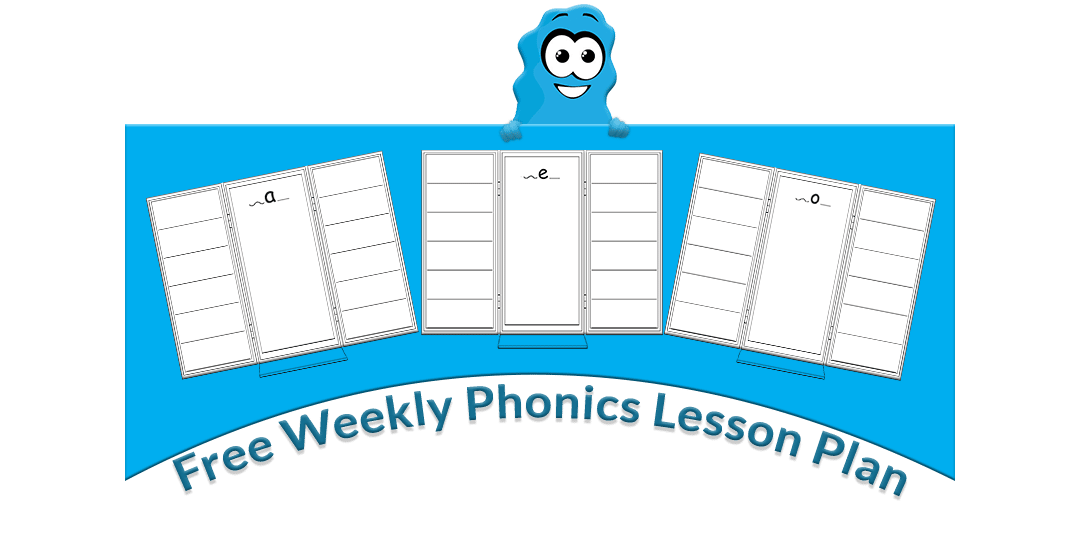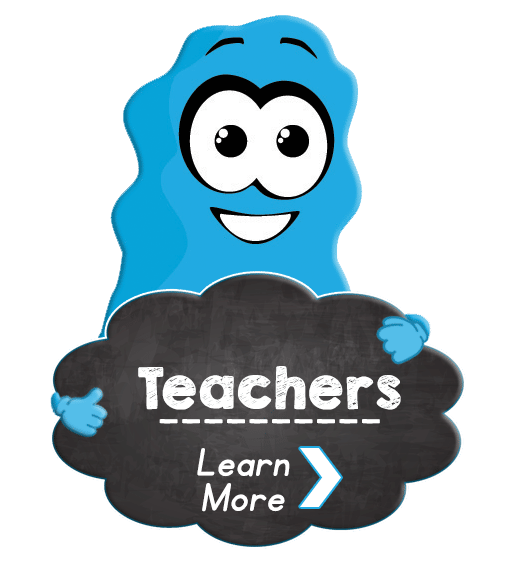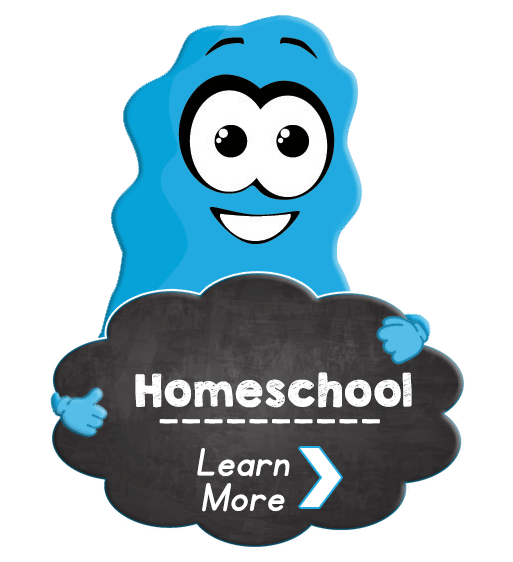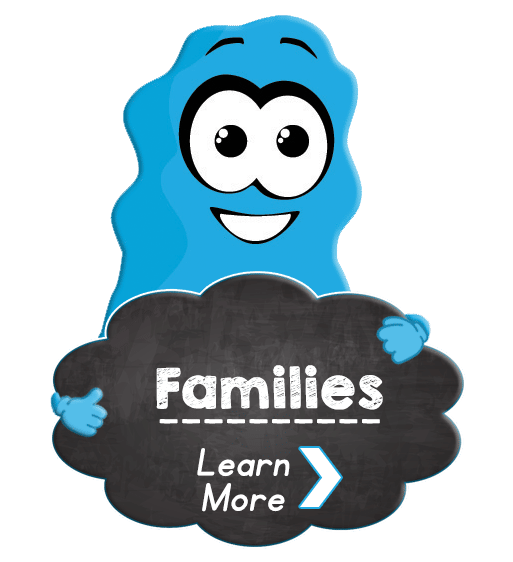How To Help Your Child Get Ready For Kindergarten
Kindergarten is a big step for both parents and children. It’s the first time that kids are away from their parents for an extended period of time and the first time that many families have to manage the transition into a new school. Helping your child get ready for kindergarten is an exciting time in most families!
However, there is still a lot of work to be done. In 2018, the Ohio Department of Education assessed kindergarten readiness skills. They found that only 40.9% of kindergarten students begin school demonstrating kindergarten readiness. This means that nearly 60% of students entered kindergarten without the skills and abilities needed to properly engage with and complete kindergarten-level activities.
Sending your kids off to school equipped with the skills and tools they need to succeed is vital for their overall educational success.
To help your child get ready for kindergarten, consider their emotional and social development, physical development, language development, and self-care development.
How Do I Know If My Child Is Ready For Kindergarten?
Emotional And Social Development
An Attitude of Kindness
Encourage your child to be helpful and respectful. Praise them for their efforts to share or help others.
Ability to Identify Feelings
Teach your child about emotions, including anger, fear, sadness, jealousy, and disappointment. Help them identify feelings by talking about them together and showing them pictures of faces expressing different emotions in books or on television.
Understand Other’s Opinions
Help your child understand that everyone has a different opinion about things like toys and games. Teach them to listen carefully when someone is talking so they can hear what the person is saying instead of just listening for their own turn to talk back. Encourage them to ask questions when they don’t understand something another person has said.
Teach your child how to solve problems by using words instead of acting out when they get upset or angry with someone else’s behavior
Physical Development
Balance
Kindergarteners need to learn how to balance on one foot, hop and jump. These are all important skills that help them with coordination. Balance helps them as they run around and play during recess or gym class. It also helps them when they ride a bike or roller skate.
Coordination
Your child needs to learn how to do things with both hands at the same time, like holding a crayon while coloring or tying shoes. These are called gross motor skills because they involve large muscle movements rather than fine ones like those used in writing and drawing.
Flexibility
Flexibility refers to being able to bend in different ways. It’s important for kindergarteners to be able to bend over easily so they can reach things on low shelves and desks without having trouble reaching high shelves in the future!
Stamina
Stamina is the ability to keep going through something difficult or tiring without getting tired too quickly. This is important because it will help your child get through those long days at kindergarten!
Language Development
Follow simple directions
Kindergarteners can follow simple directions such as “Put your coat on,” “Come here,” or “Open your book.”
Use expressive language
Kindergartners can use words to describe things they see or do. They might ask questions like “Where is the ball?” or “Is it raining?”
Recall events from the past
Kindergartners should be able to remember what happened yesterday and last week (such as going to the zoo or going shopping) and tell someone about it later on.
Self Care Development
Getting Dressed
While kids often still need help getting dressed in kindergarten, it is helpful to encourage getting jackets and boots on independently! This helps children have a sense of independence in the classroom, and they don’t need to wait for the teacher to get through a whole line of zipping zippers at recess time.
Handwashing Skills
We all know how germy kindergarten classrooms can be, and teaching your child good handwashing habits can help stop the spread. Remind them how long to wash their hands and when to wash their hands. Practice turning the taps on and off and adjusting the temperature independently.
Keeping Personal Space Tidy
Helping your child remember to clean their workspace and take care of their items is essential for kindergarten. By helping them develop organizational habits, they will be better able to keep track of school supplies in the classroom.
Eating Healthy
Kids need healthy food to keep them fueled at school. Get them used to school lunch style meals. Practice using a lunch box and opening their favorite food items. Kids are sometimes slow eaters, and being able to open their food instead of waiting for a teacher will increase the amount of time they have to eat.
Preparing For Kindergarten Success
Kindergarten is an adjustment for both parents and children. Families should be involved in their child’s education from birth on up, but this can become especially important once they enter school.
Your child needs to know that you will be there to support them in any way possible! You can lay the foundation for this by working on pre-literacy activities and preparing them for reading and handwriting skills.
As a parent, you have a powerful influence over your child’s learning and development. You know your child best and have unique insights into what motivates him or her to learn. You also know firsthand how your child learns best — whether through reading, drawing or playing games.
By giving your child the skills to get ready for kindergarten, you are shaping their mindset and attitude towards their upcoming education experience, and preparing them to develop a lifelong love of learning!
In addition to providing support at home, it’s important to talk with your child’s teacher about any concerns you may have about his or her progress in school. The teacher is an important partner in helping your child succeed in kindergarten.
How Do I Mentally Prepare My Child For Kindergarten?
The first day of kindergarten can be a big deal. Your child will be excited to see their friends and teachers, and they’ll have so much to tell you about their day when you pick them up. But what if your child’s first day isn’t so great? What if they’re scared or nervous? Kindergarten can be an emotional roller coaster for both kids and parents, but it doesn’t need to be that way! Here are some tips for helping your child feel prepared and confident on the first day of kindergarten:
Prepare for Separation
Let your child know that you’ll be there when he comes home after school, and that you’ll pick him up at the end of the day. This helps ease anxiety about being away from home and gives him a sense of security.
Talk About School With Your Child
Talk about what will happen in school each day — when the bell rings, what will happen at lunchtime or recess, etc. This will help your child know what is expected of him/her during the day and also help them feel more comfortable going into school knowing exactly what will happen there every day.
Meet Your Child’s Teacher Before the First Day
The best way to prepare for kindergarten is to meet with your child’s teacher before school starts. Meeting with her before the first day gives you an opportunity to talk about what she expects during the first few weeks of school.
You’ll also have an opportunity to ask questions about what happens when school begins and what you’ll need on parent night later in the year. If possible, try to schedule this meeting as soon as possible so you can address any concerns before school starts!
Get Your Child Ready Emotionally and Physically
Make sure he knows where things are located in his classroom so he won’t have to ask questions right away — such as where to put his coat or where to get supplies out of the cubbyholes in the classroom (if they’re used). Also, encourage him to wear comfortable clothes on his first day so that he feels good about himself while trying something new.
Get A Free “Get Ready For Kindergarten” Checklist
Activities To Get Ready For Kindergarten
Read Books Together
Reading aloud to your child is a great way to help them develop their language skills and learn new vocabulary words. Reading also encourages kids to use their imagination and think creatively about what happens next in the story. Try reading a book before bedtime or at nap time, when your child is most likely to be relaxed and receptive to new experiences. The more you read to your child, the more opportunities they get to develop phonemic awareness and phonics skills.
Play Games With Letters and Numbers
Teaching letters and numbers is an important part of preparing children for kindergarten because it helps them learn how to read, write, add and subtract. You can play games that focus on these skills by looking at flashcards together or playing card games where players match up cards with letters or numbers printed on them.
Play With Blocks
Blocks allow children to learn about shapes, sizes and colors while also working on their fine motor skills like hand-eye coordination and eye-hand coordination.
Play With Toys That Make Noise or Music
These toys encourage movement through music making which works on auditory processing skills (hearing sounds correct).
Play Outside In The Dirt!
When children play in the dirt, they exercise their gross motor skills like hand-eye coordination, balance, agility, and strength, which will benefit them when it comes time for handwriting!
Get Ready For Kindergarten With Phonics in Motion!
At Phonics in Motion, we know that kindergarten is a BIG deal! We want your family to feel confident that your child has the best start in reading and writing.
That’s why we created the Early Readers & Writers Program. This multisensory early literacy program teaches in way that kiddos learn best – through movement!
